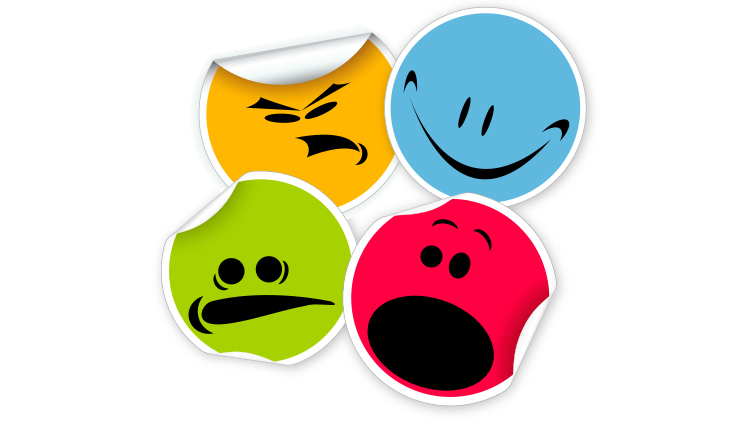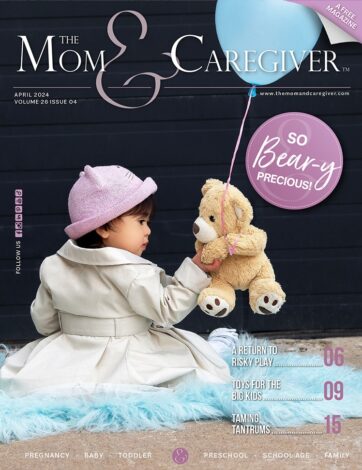Supporting our Children’s Big Feelings
One of the most commonly expressed challenges that parents can experience is when their children are experiencing big feelings (tantrums, outbursts). It can be challenging to know how to respond to our children’s big emotions and to understand what they need and how to help them manage their emotions.
One of the most helpful things we can do as parents which can help us to properly support our children, is to learn about children’s development and reasonable expectations of our children at the different developmental stages they will go through.
It is important to remember that it is developmentally appropriate for our children to experience big emotions. We need to acknowledge that the ability to regulate emotions, impulses, behaviour and make sound decisions doesn’t fully develop until later in life. It takes many instances of co-regulation with a loving adult for our children to eventually learn how to regulate their emotions.
Supporting Your Child With Their Emotions:
- Regulate yourself. Our children need our calm presence to help them regulate although this can be difficult in the moment. Practice taking deep breaths, remind yourself of your child’s stage of development, and repeat some mantras to yourself such as “my child needs my calm presence” or “this isn’t an emergency, it will pass.”
- Hold your boundary. If your child is hitting or being unsafe, the priority is to keep them safe. Tell them “I can’t let you hit, it’s unsafe and I need to keep you and others safe.”
- Let your child know that you hear them and repeat back what they’re telling you.
- Once the tantrum has finished, meet your child’s needs. If one of the underlying reasons was hunger, offer them a snack. If they’re tired, snuggle them and see if they need to get some rest.
- Discuss what happened. When your child has calmed down, take the opportunity to discuss what happened. “You were feeling upset because we had to leave the playground. You began to scream and run away from me and I had to keep you safe. It’s okay to feel sad. What can we do next time this happens?”
Children will feel safer and better able to manage those big feelings when they know the adult with them is in control of their own emotions, and that they are safe, understood, and loved.
Runda Ebied, Pediatric Occupational Therapist














